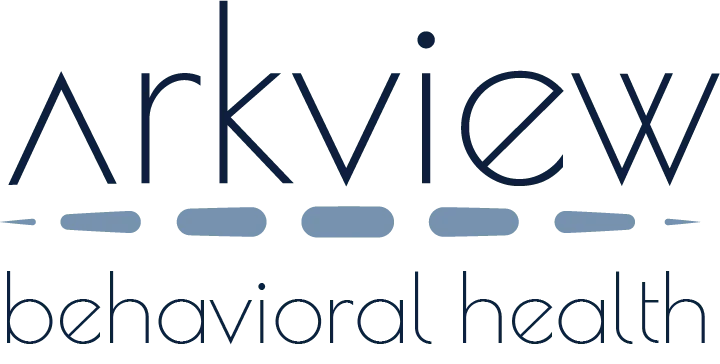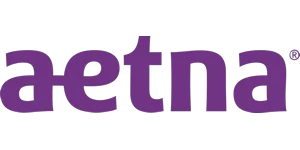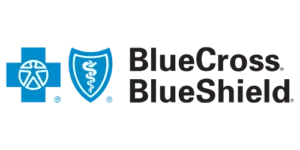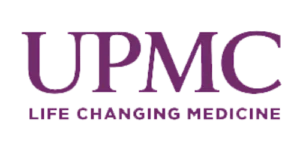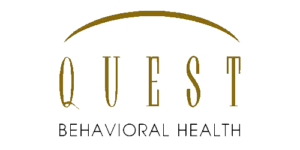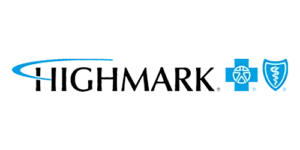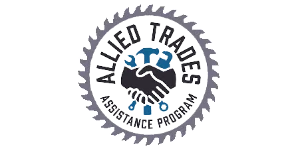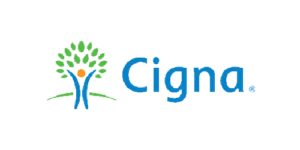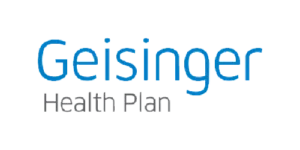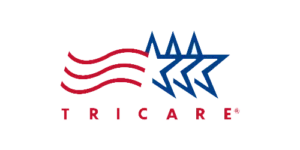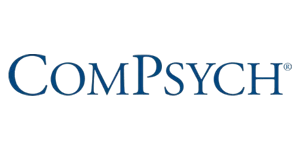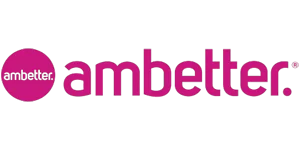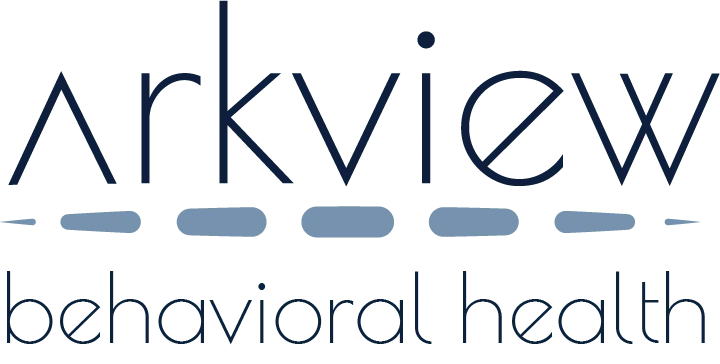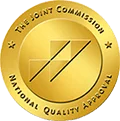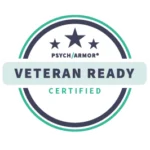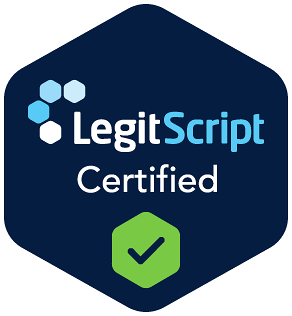Arkview offers effective medication-assisted treatment (MAT) in Mechanicsburg, PA, to individuals struggling with substance use. Our MAT program offers a proven path to recovery by combining FDA-approved medications with counseling and behavioral therapies and providing a holistic, comprehensive approach to treating substance use disorders. This comprehensive approach addresses multiple aspects of recovery, including medical, mental, and social needs. If you or a loved one is seeking addiction treatment programs in Mechanicsburg, Arkview is ready to help.
Contact Arkview today to learn more about our medication-assisted treatment program and to find your fresh start. If you are interested in starting treatment or want more information, please reach out.
MAT is a proven approach to treating substance use issues that combines the use of FDA-approved medications with counseling and behavioral therapies. The primary goal of MAT is to address the physical, psychological, and social aspects of addiction to help patients achieve and maintain sobriety.
This treatment works by using a combination of medications and behavioral therapies to normalize brain chemistry, block the euphoric effects of alcohol and opioids, relieve physiological cravings, and normalize body functions without the negative effects of the substance used. Combined with counseling and behavioral therapies, MAT provides a “whole-patient” approach to treatment.
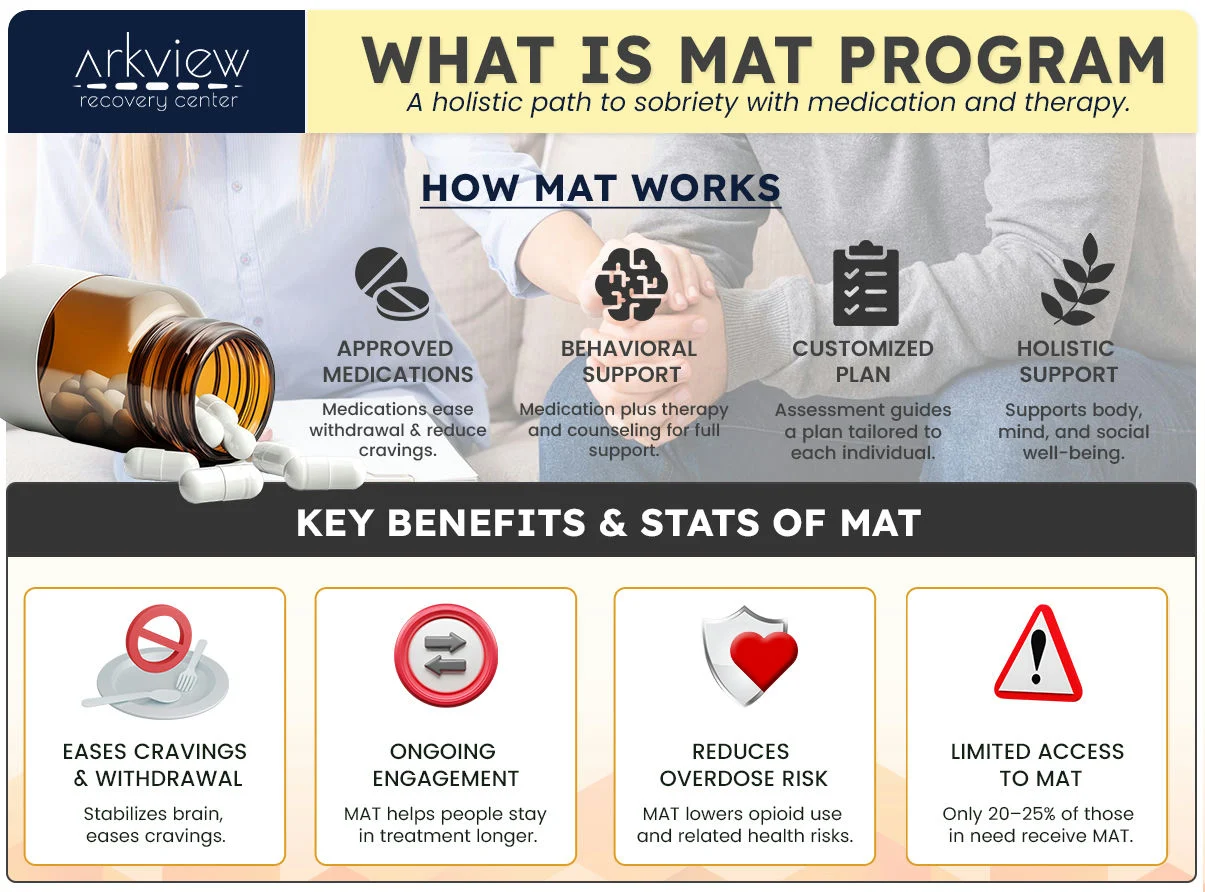
What Medications are Used for Alcohol Addiction Treatment?
- Naltrexone: This medication suppresses the reward center of the brain that alcohol use feeds. It also counteracts alcohol’s “drunk” effects, preventing you from feeling the full extent of its intoxicating effects. Both these factors combined suppress your cravings to drink.
- Campral: Campral is an alcohol medication that uses the primary ingredient Acamprosate, a compound that aids GABA cell restoration. This restoration helps accelerate the restoration of natural neurobiological balances and potentially speeds up the withdrawal symptom phase.
- Disulfiram: Disulfiram is an alcohol deterrent that activates when alcohol enters the body. Put simply, drinking in conjunction with this drug will make you feel uncomfortable and sick, discouraging alcohol use. This also manipulates your brain’s reward center to encourage sobriety in a unique way.
What Medications Are Used in Opioid Addiction Treatment?
- Methadone: The chemicals in methadone act as a withdrawal and opioid hunger suppressor. It also has a longer onset of effects than the other prescription medications on this list. In addition, if opioids are consumed while using this medication, the “high” will be dulled or neutralized by methadone’s presence.
- Naltrexone: This previously mentioned medication is a versatile drug that works for a variety of alcohol and drug addictions. As is the case with alcohol cravings, Naltrexone suppresses opioid use appetites to encourage drug cessation.
- Buprenorphine: This opioid antagonist is utilized to diminish opioid cravings and treat minor, moderate, or severe pain. That’s why it is also used to simultaneously abate painful addiction withdrawal symptoms.
- Suboxone: Suboxone is a combination of buprenorphine and naloxone, and is an FDA-approved prescribed medication used in MAT for opioid use disorder (OUD). It helps reduce cravings, prevents misuse, and supports recovery when combined with counseling and behavioral therapies.

Benefits of Our MAT Program
One of the major benefits of MAT is its ability to manage withdrawal symptoms and reduce cravings. Medications such as methadone, buprenorphine, and naltrexone are used to stabilize patients’ conditions, making it easier for them to focus on their recovery without the constant struggle against intense cravings and withdrawal symptoms.
Patients undergoing MAT are more likely to remain engaged in their treatment programs. This improved retention leads to better long-term outcomes, as patients receive continuous support and guidance throughout their recovery journey.
The benefits of enrolling in a MAT program are far-reaching and can have a powerful impact on the sustainability of a substance-free lifestyle.
As part of a holistic approach, many MAT programs integrate mental health services, offering evidence-based support and personalized care plans to address both substance use and emotional well-being.
Are Medication-Based Programs Covered by Insurance?
What are the Key Elements of Medication-Assisted Treatment?
You’ll be asked to undergo a thorough pre-screening assessment process before being placed in medication-assisted treatment. This consists of a physical evaluation conducted by a treatment assessment expert who determines the most efficient rehab solution for you. This makes certain you have the most exclusive and comprehensive treatment engineered to meet your needs. This phase determines whether MAT is right for you, treatment duration, and other personalized therapy options based on your needs.
Our medication-assisted treatment begins with an initial assessment and personalized treatment plan. Then, our experienced team develops a custom treatment plan based on a patient’s physical and mental health. Additionally, we use FDA-approved medications such as:
- Methadone – Helps reduce cravings and withdrawal symptoms for those addicted to opioids.
- Buprenorphine – A partial opioid agonist that helps diminish the effects of physical dependency.
- Naltrexone – Blocks the euphoric and sedative effects of drugs such as heroin and alcohol.
These medications are carefully administered and monitored by our medical professionals to ensure patient safety and effectiveness.
MAT doesn’t take just any addiction medication and see how it works. An important part of the assessment phase includes picking the best medication suited to your needs. This is determined through a meticulous process that hones in specifically on your specific substance dependency and the type of drug used. Your addiction severity also plays a part in personalizing your specific medication needs.
Nearly all addiction medication treatments are done in conjunction with detox treatment. That’s why our detox programs are the key element of every medication-assisted treatment program. Medication treatment progresses as your detox progresses. These coinciding treatment solutions enable physicians to modify detox and medication aids as needed throughout the detox phase. This also allows your physician to closely monitor your results, progress, and reactions to both treatments.
Another key element of medication-assisted treatment involves mid-treatment modifications. Nearly every detox, rehab, or medication requires individualized modification throughout the introductory phase to ensure maximum personalization. This doesn’t necessarily mean medications will always change. However, dosages, approaches, and other treatments may be altered or infused to enhance treatment efficacy.
Treatment Program Structure
A well-structured medication-assisted treatment (MAT) program combines the benefits of medication and behavioral therapy to address the full spectrum of addiction. The structure of a MAT program is tailored to each patient’s needs, the type of substance use disorder being treated, and the setting in which care is delivered.
Typically, MAT programs begin with an initial assessment to determine the most appropriate course of treatment. This is followed by a medical detox phase, where medications help manage withdrawal symptoms and stabilize the patient. After detox, patients enter a rehabilitative phase that includes ongoing medication management and counseling. The maintenance phase focuses on supporting long-term recovery, with regular check-ins, medication adjustments as needed, and continued therapy.
MAT programs can be offered in both inpatient and outpatient settings, and may include individual and group counseling sessions. The duration and intensity of treatment depend on factors such as addiction severity, response to treatment, and overall health. Certified providers play a key role in developing and adjusting personalized treatment plans, ensuring that each patient receives the right combination of medication, counseling, and support.
Evidence-based practices, such as cognitive-behavioral therapy (CBT) and contingency management, are often integrated into MAT programs to address the psychological aspects of addiction. The ultimate goal is to help patients achieve and maintain a substance-free life, reduce cravings, and prevent relapse, supporting them every step of the way on their recovery journey.


Effective Medication-Assisted Treatment Program in PA: Counseling and Behavioral Therapies
Why Choose Arkview for Medication-Assisted Treatment
Our team at Arkview is made up of highly qualified and compassionate professionals dedicated to helping you achieve your goals and live a healthier life. We are committed to ongoing efforts to promote awareness about medication-assisted treatment (MAT) and provide effective MAT services to our community. When you enroll in our medication-assisted treatment program in PA, you’ll feel supported and cared for immediately.
Arkview offers a state-of-the-art center designed to provide a comfortable and supportive environment for your recovery journey. We combine modern amenities with a serene atmosphere, promoting healing and well-being.
Call Arkview Behavioral Health to start treatment today.
FAQ about MAT
Medications used for addiction rehab serve the primary purpose of getting over the withdrawal and cravings phase of treatment. This is why rehab prescriptions are used as a preliminary treatment aid in nearly all detoxification programs. Without these withdrawal aid medications, addiction withdrawals and cravings are nearly impossible to overcome. Once this phase is over, however, with the help of MAT, the remainder of rehab is a much easier process to endure. MAT can help individuals lead a healthier and more productive life by supporting long-term recovery. Beyond that, at Arkview, you’ll do more than endure the detox and recovery process. You’ll enjoy the journey and make lifelong memories along the way.
There is no set-in-stone duration for how long your medication treatment will last. Some MAT therapy programs can last weeks, while others may last a year or longer. Duration variables depend on your addiction background, case severity, type of drugs being used, and bodily responses. Connect with our representatives to get a clearer perspective on how long your personalized prescription-based treatment will take.

